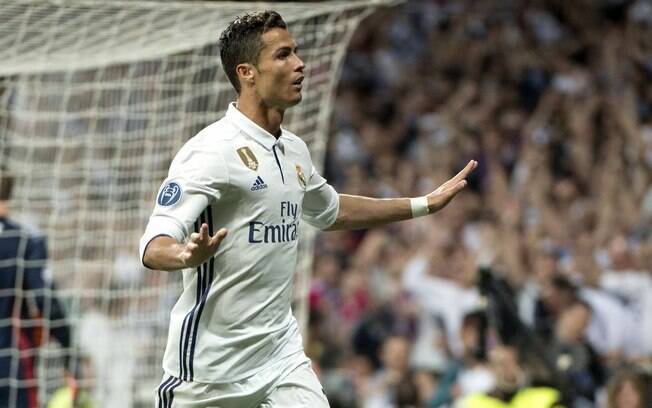

This is possibly the first match in which extra time was played as the royal couple arrived too late to see the first half and the Queen demanded that the game continue after the end, because she was enjoying it so much. The first domestic match, between Lisbon and Porto, took place in 1894, attended by King Carlos and Queen Amelia. By century's end, associations such as Clube Lisbonense, Carcavelos Sport Club, Braço de Prata, Real Ginásio Clube Português, Estrela Futebol Clube, Futebol Académico, Campo de Ourique, Oporto Cricket, and Sport Clube Vianense had been founded. The game reached colleges and led to clubs across the country.

Ī memorial to the first football match played on mainland Portugal in Cascais in October 1888 Consequently, football started attracting the attention of high society, distinguished by the Luso-British rivalry. The match, played where today's Campo Pequeno bullring is located, involved opposing teams from Portugal and England. He organized an exhibition in Cascais in October 1888 and a match in Lisbon in January 1889. The person responsible for its spread in mainland Portugal was Guilherme Pinto Basto (according to some people, his brothers Eduardo and Frederico brought the ball from England). Harry would go on to become honorary president of C.S. Popularity quickly spread across the island. The first organized game in the country took place in 1875 in Camacha, Madeira, organized by Madeira-born Harry Hinton, who brought a football from England where he was studying.

Monument in Camacha, celebrating the first ever organised football game in Portugalįootball started to gain popularity in Portugal in the late 19th century, brought by Portuguese students who returned from England. In 2019, Portugal won the first edition of the UEFA Nations League over Netherlands national football team. Until then, Portugal had been runners-up to Greece as hosts in 2004, and semifinalists in 1984, 20. More recently, Portugal won their first major title, the UEFA Euro 2016, over hosts France. In FIFA World Cup, Portugal's best finishes were third in 1966 and fourth in 2006. As an example, in the 2011–12 Primeira Liga season, Benfica had an average attendance of 38,029, Porto 34,843, and Sporting 30,638, with the season overall having an average and total attendances of 10,958 and 2,629,950 respectively.ĭespite the production of footballers such as Eusébio, Luís Figo and Cristiano Ronaldo ( Ballon d'Or winners), the Portugal national team have been, for the most part, underachievers at international level when compared to their youth squads, who have won just about every European and world title available. With a combined eleven trophies won to date, the measure of success by Portuguese clubs in international competition is as follows: four European Cup/UEFA Champions League, two UEFA Cup/UEFA Europa League, one European Cup Winners' Cup, one UEFA Intertoto Cup, one UEFA Super Cup and two Intercontinental Cup/Toyota Cup.įootball has been the most popular sport in Portugal for many decades. Benfica, FC Porto and Sporting CP – the " Big Three", who usually dominate the league. Portugal's top domestic league, the Primeira Liga, was founded in 1934 and is home to internationally successful clubs such as S.L. Soon after the start of the 20th century, the need to establish which club was the best in Portugal culminated with the organizing of the " Campeonato de Portugal" (now known as "Taça de Portugal"), with subsequent bragging rights going mostly to clubs from Lisbon and Porto. Initially, football was played between neighbour clubs, but soon enough citywide and regional tournaments started to take place around the nation. This led to the establishment of local clubs dedicated to the practice of the sport.

Association football ( Portuguese: futebol), the most popular sport in Portugal, has a long and storied history in the country, following its 1875 introduction in cities such as Funchal, Lisbon, Porto and Coimbra by English merchants and Portuguese students arriving back home from studying in England.


 0 kommentar(er)
0 kommentar(er)
